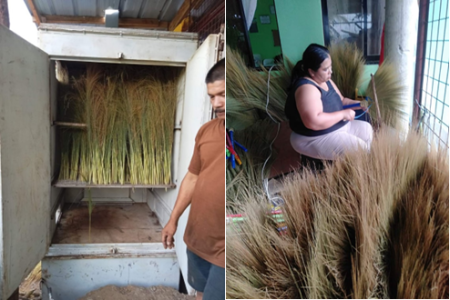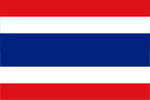DOST-FPRDI STUDY SHOWS PROMISING HEALTH BENEFITS OF BAMBOO LEAVES Philippine | 04/07/2020

Bamboo – which is a type of grass – is one amazing plant.
It is one of the fastest-growing plants in the world and is said to be the most versatile. It is so versatile, in fact, that an international research group says that bamboo has as many as two thousand documented uses.
Most Filipinos, however, know bamboo only as a source of culms for making houses, furniture, fences, baskets, barbecue and barbecue and bananacue sticks, and of course, “tinikling” poles. Very few know the value of bamboo leaves.
A recent study of the DOST-Forest Products Research and Development Institute (DOST-FPRDI) will hopefully help make bamboo leaves more popular in the Philippines.
The research project, completed by the team of Ms. Mariluz SP. Dionglay, shows that the leaves of the bamboo species “kauayan-tinik” (Bambusa blumeana J.A. & J.H. Schultes) are a promising source of antioxidants and antimicrobials, and thus, possible raw materials for medicines and nutritional supplements.
Their antioxidant potential is very high -- similar to that of ascorbic acid which is the standard.
The DOST-FPRDI project studied leaf extracts from five types of bamboo found in the Philippines. The leaves were harvested during the dry season and extracted using water and ethanol.
“Among the five species, kauayan-tinik was the most promising,” said researcher Ms. Rebecca B. Lapuz. “Kauayan-tinik leaves extracted with water had the highest antioxidant level compared with bolo, giant bamboo, kauayan-kiling and buho, aside from showing antimicrobial action against the two bacteria species studied.”
“Given these promising results, and considering the abundance of bamboo in the Philippines as well as the giant market for health and wellness products here, we look forward to doing further research on kauayan-tinik leaves, as well as leaves of other Philippine bamboos,” added Lapuz.
In recent years, bamboo leaf extracts have received a lot of research attention especially in China due to their reported health benefits. ### (Rizalina K. Araral)
















